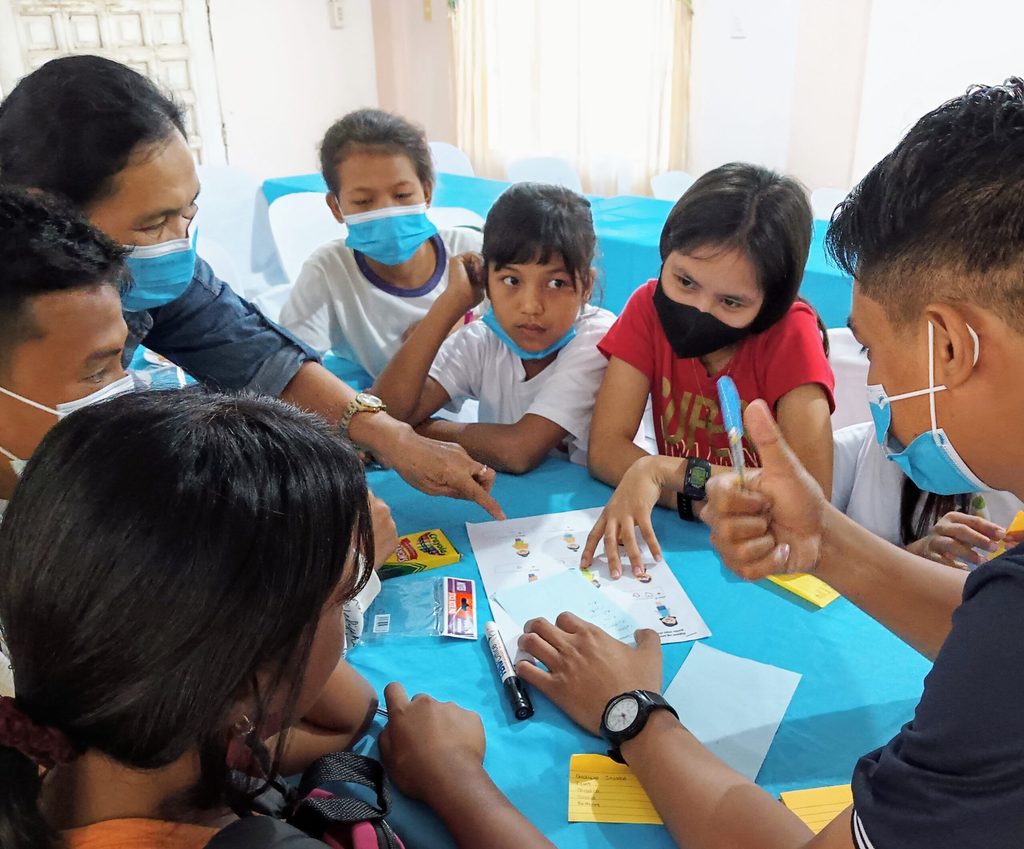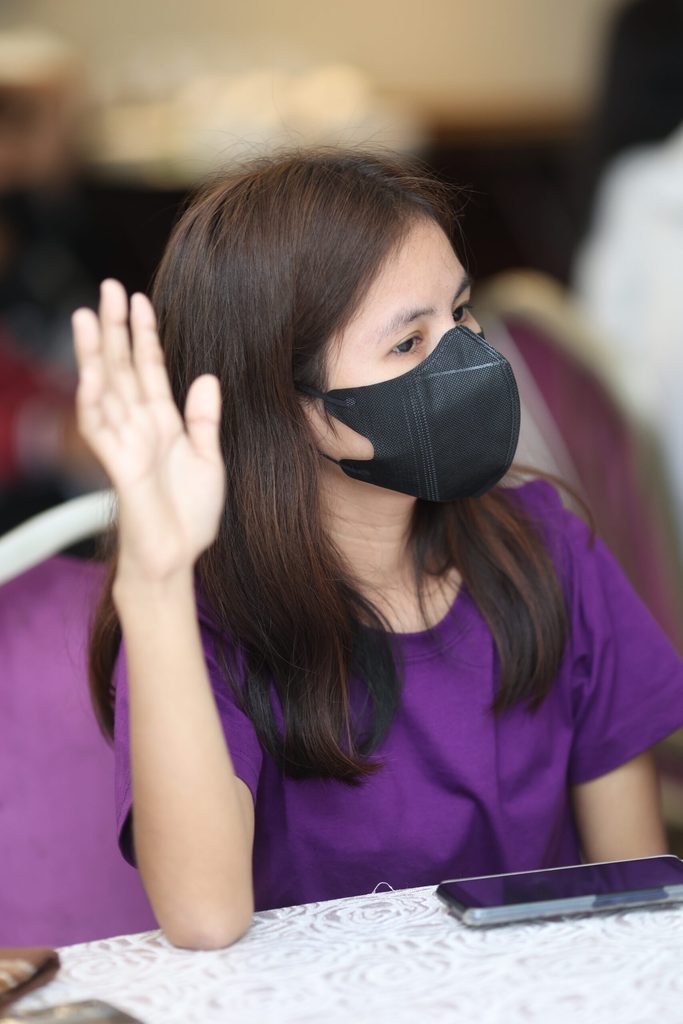Defri’s journey: Empowering indigenous girls through a period tracking app
Defri, an 18-year-old girl belonging to an Indigenous Community, helps shape an inclusive, girl-friendly period tracking app designed for Filipino girls.

Where Defri, 18, comes from, taboos, myths, and misconceptions overshadow every adolescent girl’s experience of menstruation. When she joined a focus group for the development of the Oky Period Tracker App, she finds a great opportunity to learn beyond the myths and empower fellow indigenous girls as they go through their period.
Defri, an 18-year-old girl belonging to the indigenous community, Mangyan, in Occidental Mindoro, Philippines, dreams of becoming an educator. Where she comes from, indigenous peoples (IP) lived far from the village center and relied on traditional practices of slash-and-burn farming, animal raising, and the artistry of basket and hammock weaving to sustain their livelihood. Opportunities were limited and Defri’s family faced financial challenges, forcing her to support her own studies by working with non-IP families for 6 years.
Against deep-rooted beliefs and practices
When the chance to participate in the Oky app localisation process came along, Defri recognised the potential it had, for her to be able to create positive change for her community. She then joined the initial consultations, during which Defri and her IP peers shared a lot of misconceptions that had been handed down through generations.
These deep-rooted beliefs passed down by their elders included the notion that bathing during menstruation will lead to illness; and that watering plants during one’s period will cause them to wither. Such misconceptions stood as barriers to understanding the natural process of menstruation and hindered girls from embracing it with confidence. They also revealed that they had limited access to menstrual hygiene and health information, and sexual and reproductive health resources in their homes and schools. Their communities further suffered from inadequate access to sanitary pads, clean water, and latrines, making menstrual management more challenging.
Aside from these, Defri and other consultation participants shared that the arrival of menarche, the first occurrence of menstruation and a significant milestone marking a girl’s transition into womanhood, was often misconstrued as a signal for arranged marriages in some IP communities. This cultural practice limited the opportunities and held back countless IP girls in the province from achieving their full potential.

A significant step
Yet in the face of these challenges, their participation in the Oky localisation process was a significant step for Defri and her fellow indigenous children to become part of the change. With their inputs on the design and content of Oky, a Mangyan avatar was created and the Tagalog version of the Oky encyclopedia sprung forth. Previously, the global version of the Oky app only contained the basic period tracker, generic avatars, and encyclopedia of adolescent health information in the English language.
On the day of the Oky app national launch, Defri had the privilege of meeting other Oky campaigners from different parts of the country. They exchanged ideas and learned diverse approaches to promote the app with their peers, families, and communities.
Recognising the unique needs of IP communities that lacked internet signal, electricity, and mobile phones, they also proposed the creation of Oky information, education, and communication materials that could better reach these marginalised groups.
Almost a year since the start of the project, the Oky app has been downloaded by more than 97,000 users and among them, some 70,000 girls and young women from different regions in the Philippines have been using the app.
About the Oky App
The Oky Philippines app, supported by the Australian Government, is a joint product of the Department of Health, Department of Education, Commission on Population and Development, the National Youth Commission, and the Bangsamoro Government, together with UNICEF and in partnership with Plan International.
Categories: Sexual and reproductive health and rights


